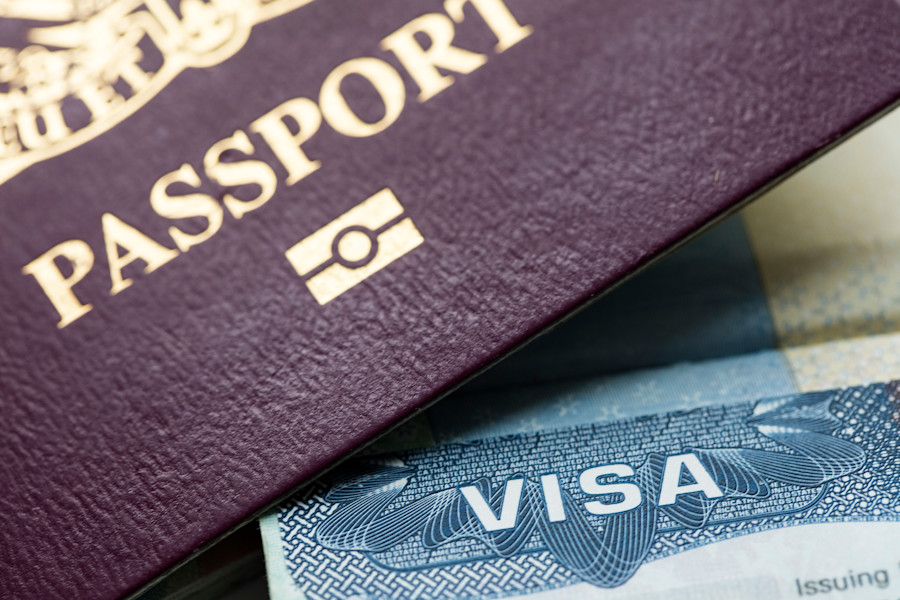A new Workplace Justice visa, which commenced on 1 July 2024 as a two-year pilot, provides strengthened protections for temporary visa holders by enabling them to remain in Australia for a short period to pursue a workplace exploitation claim against their employer.1
Employers of visa holders should be aware of this visa and the way in which it operates, and how a workplace exploitation claim may be pursued.
Key takeaways for employers
To minimise the risk of a workplace exploitation claim, employers should ensure their workplace arrangements and dealings with visa holders are adequately documented, all employee entitlements are paid in full, and there is compliance with workplace laws. If you, as an employer, find yourself having to defend a workplace exploitation claim, these steps will be critical.
If you are in doubt as to whether you have met your legal obligations with respect to a temporary visa holder, you may wish to undertake a review of your workplace practices. This is particularly relevant for employers wishing to terminate a temporary visa holder, where the risk of a workplace exploitation claim may be elevated. Any identified breaches of workplace laws (including underpayments) should be rectified quickly, and before any termination process is commenced.
If you suspect that an employee has brought a frivolous or vexatious workplace exploitation claim to obtain a Workplace Justice visa, you may wish to raise your concern with the participating government agency or accredited third party responsible for certifying the employee's claim. Alternatively, you may report your concern to the Department of Home Affairs, which is responsible for assessing and approving visa applications.
What is workplace exploitation?
Workplace exploitation in this context covers a broad range of improper conduct including unfair dismissal, underpayments and unlawful wage deductions, up-front payment for a job, misclassification of employees as independent contractors, non-compliance with health and safety laws, bullying, sexual harassment, discrimination, and coercion, undue influence or pressure, or misrepresentation.
Operation of the Workplace Justice visa
The Workplace Justice visa may allow the visa holder to remain in Australia for a minimum period of six months or up to 12 months, within a maximum available period of four years, to pursue a workplace exploitation claim.
Key features of the Workplace Justice visa include the following:
- There is no application fee
- Members of the family unit who are in Australia can be included in an application
- During the visa stay period, visa holders can travel in and out of Australia and may work in any occupation or industry in Australia
- If the workplace exploitation claim is not finalised before the Workplace Justice visa expires, the visa holder may apply for another visa.
Eligibility requirements
A Workplace Justice visa is only available to temporary migrants who:
- hold a temporary substantive visa with work rights that has no more than 28 days remaining or that expired less than 28 days ago; and
- obtain certification regarding their workplace exploitation claim from a participating government entity or accredited non-government party.
The certification must explain the workplace exploitation and why it is beneficial or necessary for the individual to stay in Australia to pursue their claim.
Additionally, where a workplace exploitation claim is certified by a non-government entity, that entity must certify that there is prima facie evidence of workplace exploitation; that the applicant is committed to seeking justice or redress in a timely manner; that adequate resourcing has been allocated to investigate the matter or to assist the applicant to resolve the matter; and that the claim is being pursued within any statutory timeframes (where applicable).
Who can certify a workplace exploitation claim?
Participating government agencies and accredited third parties who can certify a workplace exploitation claim include:
- the office of the Fair Work Ombudsman;
- some legal centres including the Human Rights Legal Centre, Migrant Workers Centre, Redfern Legal Centre, and West Justice;
- some registered trade unions including the AMIEU, APESMA, AWU, ETU, ARTBIU, SDAEA, TWU; and
- some state/territory union peak bodies including SA Unions, Unions NSW, Unions Tasmania, UnionsACT and UnionsWA.
Next steps
Further information about the Workplace Justice visa can be found on the Department of Home Affairs website.
For more information on your obligations regarding temporary visa holders, please contact our experienced workplace relations & safety experts.
1 The Migration Amendment (Workplace Justice Visa) Regulations 2024 amended the Migration Regulations 1994 with effect from 1 July 2024.
All information on this site is of a general nature only and is not intended to be relied upon as, nor to be a substitute for, specific legal professional advice. No responsibility for the loss occasioned to any person acting on or refraining from action as a result of any material published can be accepted.
 Client portal
Client portal











